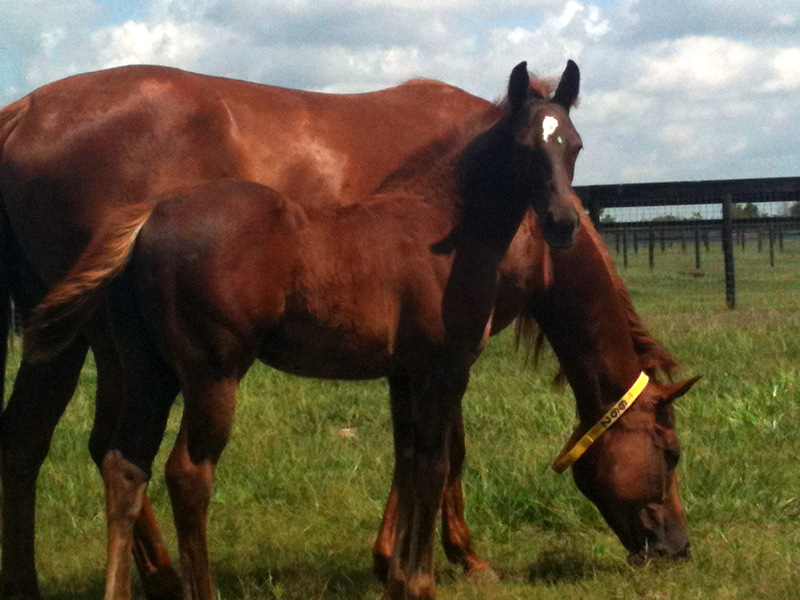
Whether a mare is maiden, recently foaled, or barren can influence her ability to conceive when breeding her with frozen semen. The first pregnancy obtained by using frozen-thawed semen in the equine species dates back to 1957 and was obtained using epididymal semen. However, for many years this reproductive technology has achieved limited progress in the horse compared with other species such as cattle. This was mainly because for a very long period of time only a few horse registries allowed the use of frozen-thawed semen. Hence, economic interests and resources allocated to research have always been minimal and as a result obstructing advances in this area.





